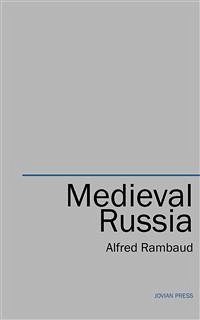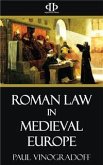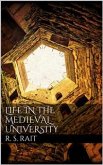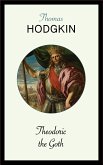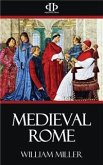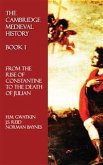WHO were these Variagi, or Varangians? To what race did they belong? No questions in the early history of Russia are more eagerly debated. After more than a century of controversy, the various views have been reduced to three — The Variagi were of Scandinavian origin, and it was they who gave the name of Russia to the Slav countries. A most weighty argument in support of this theory is the large number of Scandinavian names in the list of Variag princes who reigned in Russia. The Emperor Constantine Porphyrogenitus, speaking of Russia, makes a distinction between the Slavs and the Russians proper. In his description of the cataracts of the Dnieper, he gives to each the Russian and the Slav name, and these Russian names may nearly all be understood by reference to Scandinavian roots. Luitprand, speaking of the Russians, expresses himself in these terms: “Graeci vocant Russos .... nos vero Normannos”. The Annals of Saint Bertinus say that the Emperor Theophilus recommended some Russian envoys to Louis le Débonnaire, but he, taking them for Norman spies, threw them into prison. Finally, the first Russian Code of Laws, compiled by Iaroslaf, presents a striking analogy with the Scandinavian laws. The partisans of this opinion place the mother country of the Russians in Sweden, where they point particularly to a spot called Roslag, and associations of oarsmen called Roslagen. At the present day the Finns call the Swedes Rootzi.
Bitte wählen Sie Ihr Anliegen aus.
Rechnungen
Retourenschein anfordern
Bestellstatus
Storno

